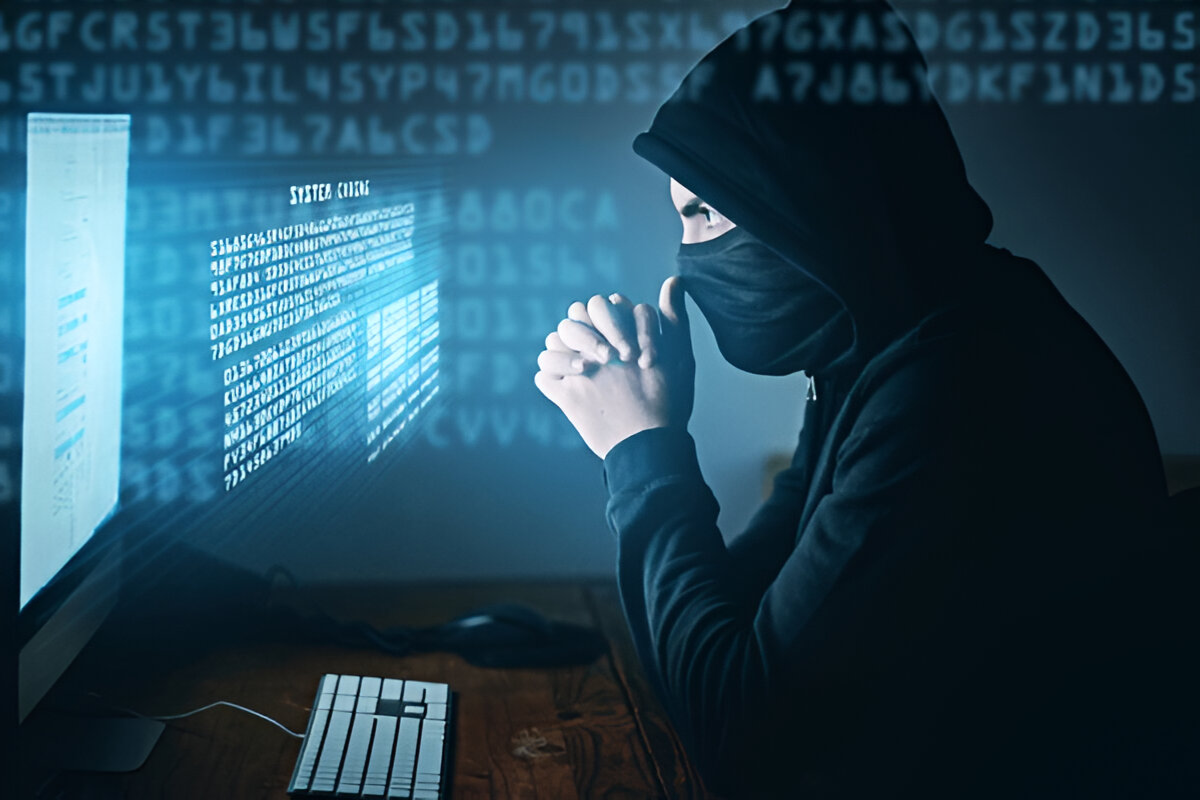
US Lawmakers Sound Alarm on Chinese Cyber Attacks: What’s in the New Bill You Haven’t Heard About?
by Amiya Nandy in News, Technology on April 10, 2025Any will immediately recognize that the date of the announcement was Tuesday, April 9th, when the members of the U.S. House Committee on Homeland Security mentioned the presentation of a new bill to deal with the growth of the cyber attack that, they say, has been started by Chinese-backed hackers. The bill is referred to as the “Strengthening Cyber Resilience Against State-Sponsored Threats Act,” and the goal of the new bill is to protect the main infrastructure of the country—from power plants to pipelines.
The move comes in the middle of the hot topic that China has been possibly mounting a digital warfare campaign and not just using spying. This is nothing more than symptomatic of the bigger issue of the Chinese hackers’ alleged penetration into the U.S. important systems which could be useful in the future if strike occurs.
This bill is not just words to scare people—it could be a full plan of action.
What Triggers Issue at Present Time
The initiative was taken after a worrying report from the Office of the Director of National Intelligence in the 2025 Annual Threat Assessment? It was made known that China is the most aggressive and the major cyber threat to the U.S. at the moment.
ODNI states that China is only decrypting data no more. The hypothesis is that Chinese cyber groups are installing the backdoors in the systems of America’s rail networks, power stations, telecommunications networks and now have complete access to the same. At the time when they feel like it, these backdoors can be used to manipulate or shut down the systems, for example, during an emergency.
The effect of this action? Within seconds, the United States’ finances, army, and public safety would be paralyzed.
What the Bill Proposes
The bill would establish a new task force, primarily involving the Cybersecurity and Infrastructure Security Agency (CISA) and the FBI, to; their responsibility will be:
- Conduct an overview of the current threats presented by state-sponsored cyber actors
- Discover the points of weakness in U.S. infrastructure
- Suggest ways to mend those breaches
- Submit to the Congress a secret report about China’s disruptiveness of U.S. military operations
Apart from other things, the bill will also deal with the safety of ports, airports, and railroads—these are the most important channels for U.S. military logistics and civilian movement.
A Wake-Up Call from Congress
A very powerful statement came from Rep. Mark Green, who is the Chairman of the House Homeland Security. He went out against previous administrations that, according to him, were rather slow to act.
“For too long, the federal government has been asleep at the wheel,” Green said. “Americans depend on critical infrastructure for vital services every day, from the phones in our pockets to the water in our homes and gas in our cars.”Read the full press release
The lawmakers are also worried about outfits like Volt Typhoon, a Chinese group that has a history of cyber-attacks. They are thought to have already gone about gaining unauthorized access to U.S. infrastructure systems for acquiring intelligence without the knowledge of the system owners.
Cyber Sanctions Already Underway
The move by Congress is the latest in a series of actions taken by the U.S. Treasury Department. It was on April 8 when the department implemented sanctions against a Chinese hacker who was going by the name Zhou Shuai, and also his company Shanghai Heiying Information Technology. They were the ones who were alleged to use spyware tools and perform data breaches to get hold of U.S. sensitive information.
Find more details about the sanctions
These are the measures the US is using to depict, accuse, and punish global cybercriminals and data brokers as well as intermediaries with enemy states.
How One Can Understanding for Americans
The bill is mainly focused on protecting the national system rather than the average America who might not understand how these attacks go down to daily life. The opportunity of the cyber-attack could be between times such as:
- Power outages
- Train delays or breakdowns
- Airport security issues
- Internet slowdowns or blackouts
- Emergency service disruptions
Cybersecurity professionals are emphasizing that if such a situation happens, the whole infrastructure is at the grave risk of being affected, not to mention the daily activities which are now quite vulnerable like calling 911, using public transport, or even digital banking.
Continuation of the Circumstance
The bill is set to be discussed in a committee over the next few weeks. The facts that it deals with both national defense and the civil safety have led experts to believe that it will receive overwhelming support from both sides of the political divide.
In case it is accepted, the task force will start its operations forthwith, doing threats assessment, and will make known its findings at the close of this year.
The cyber war has taken new and horrible meaning. The cyber offensive tactics used by China are changing their form, becoming more belligerent, and also more advanced. While the homeland security authorities of the U.S. have made the first steps, the battle to secure vital infrastructures has only just begun.
If this law is enacted, it will be a significant event, which will be a start of the digital security era rather than waiting for us to start ringing alarms.





